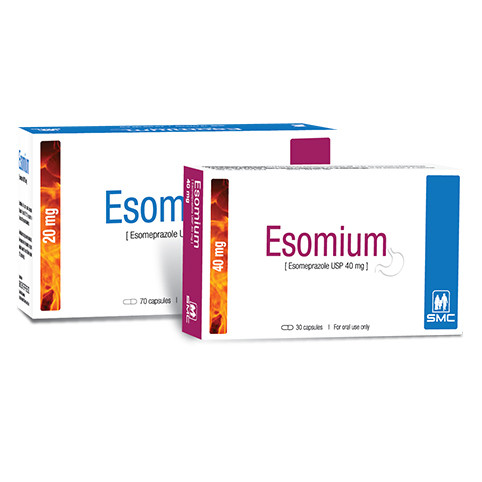

Resectin Tablet, Ranitidine Hydrochloride 150 mg
Inhouse product
-
৳11.40
৳12.00 -
৳42.75
৳45.00 -
৳16.63
৳17.50 -
৳2.14
৳2.25
Reviews & Ratings
Indications
Resectin is indicated
in:
- Treatment of active duodenal
ulcer
- Benign gastric ulcer
- Treatment & prevention of
ulcer associated with non-steroidal anti-inflammatory agent
- Post operative stress ulcer.
- Zollinger-Ellison Syndrome.
- Gastroesophageal reflux disease
(GERD).
- Gastro-intestinal haemorrhage
from stress ulcer in seriously ill patient.
- Recurrent haemorrhage in
patients with bleeding peptic ulcer.
- Before general anesthesia in
patient considered to be at risk of acid aspiration particulary obstetric
patients.
* রেজিস্টার্ড চিকিৎসকের পরামর্শ মোতাবেক ঔষধ সেবন করুন'
Pharmacology
Ranitidine
competitively blocks histamine at H2-receptors of the gastric parietal cells
which inhibits gastric acid secretion. It does not affect pepsin secretion,
pentagastrin-stimulated intrinsic factor secretion or serum gastrin.
Dosage &
Administration
Ranitidine Tablet & Syrup:
Duodenal
and gastric ulcer: The usual dosage is
150 mg twice daily taken in the morning and evening or 300 mg as a single daily
dose at night for 4 to 8 weeks.
Reflux oesophagitis: 150 mg twice daily or 300 mg at bed time for
up to 8 weeks.
Zollinger Ellison
syndrome: 150 mg 3 times daily
and increased if necessary up to 6 g daily in divided doses. Dosage should be
continued as long as clinically indicated.
Episodic dyspepsia: 150 mg twice daily or 300 mg at bed time for
up to 6 weeks.
Maintenance: 150 mg at night for preventing recurrences.
Child (peptic ulcer): 2-4 mg/kg twice daily, maximum 300 mg daily.
Ranitidine IV injection & IV
Infusion:
Ranitidine injection
may be given either as a slow (over a period of at least two minutes)
intravenous injection of 50 mg, after dilution to a volume of 20 ml per 50 mg
dose, which may be repeated every six to eight hours; or as an intermittent
intravenous infusion at a rate of 25 mg per hour for two hours; the infusion
may be repeated at six to eight hour intervals; or as an intramuscular
injection of 50 mg (2 ml) every six to eight hours. In the prophylaxis of
haemorrhage from stress ulceration in seriously ill patients or the prophylaxis
of recurrent haemorrhage in patients bleeding from peptic ulceration,
parenteral administration may be continued until oral feeding commences.
In the prophylaxis of upper gastrointestinal haemorrhage from stress ulceration
in seriously ill patient sapriming dose of 50 mg as low as intravenous injection
followed by a continuous intravenous infusion of 0.125-0.250 mg/kg/hour may be
preferred. In patients considered to be at risk of developing aspiration
syndrome Ranitidine injection 50 mg may be given intramuscularly or by slow
intravenous injection 45 to 60 minutes before induction of general anaesthesia.
Children: The recommended oral dose for the treatment
of peptic ulcer in children is 2 mg/kg to 4 mg/kg twice daily to a maximum of
300 mg ranitidine per day. Safety and effectiveness of Ranitidine injection
have not been established in case of children.
* রেজিস্টার্ড চিকিৎসকের পরামর্শ মোতাবেক ঔষধ সেবন করুন'
Interaction
Delayed absorption and
increased peak serum concentration with propantheline bromide. Resectin
minimally inhibits hepatic metabolism of coumarin anticoagulants, theophylline,
diazepam and propanolol. May alter absorption of pH-dependent drugs (e.g. ketoconazole,
midazolam, glipizide). May reduce bioavailability with antacids.
Contraindications
Patients
hypersensitive to Ranitidine
Side Effects
Resectin is well
tolerated and side effects are usually uncommon. Altered bowel habit,
dizziness, rash, tiredness, reversible confusional states, headache, decreased
blood counts, muscle or joint pain have rarely been reported.
Pregnancy &
Lactation
Pregnancy: Ranitidine crosses the placenta. But there
is no evidence of impaired fertility or harm to the foetus due to Ranitidine.
Like other drugs, Ranitidine should only be used during pregnancy if considered
essential.
Lactation: Ranitidine is excreted in human breast milk.
Caution should be exercised when the drug is administered to a nursing mother.
Precautions & Warnings
Resectin should be
given in reduced dosage to patients with impaired renal and hepatic function.
Use in Special
Populations
Use in elderly
patients: In clinical trial
the ulcer healing rates have been found similar in patients age 65 and over
with those in younger patients. Additionally, there was no difference in the
incidence of adverse effects.
Overdose Effects
Resectin is very
specific in action and accordingly no particular problems are expected
following overdosage with the drug. Symptomatic and supportive therapy should
be given as appropriate. If required, the drug may be removed from the plasma
by haemodiaiysis.
Therapeutic Class
H2 receptor antagonist
Reconstitution
Slow IV inj: Resectin 50 mg diluted to a
concentration ≤2.5 mg/mL (e.g. total of 20 mL) with NaCl 0.9% inj or dextrose
5% or 10%, lactated Ringer's, Na bicarbonate 5% soln.
Intermittent slow IV
infusion: Resectin 50 mg
diluted to a concentration ≤0.5 mg/mL (e.g. total of 100 mL) of dextrose 5% inj
or NaCl 0.9%, lactated Ringer's, Na bicarbonate 5% soln.
Continuous IV infusion: Resectin
150 mg diluted in 250 mL of dextrose 5% inj or NaCl 0.9%, lactated Ringer's, Na
bicarbonate 5% soln.
Patients with
Zollinger-Ellison syndrome or other hypersecretory conditions: Resectin should be diluted to a
concentration ≤2.5 mg/mL with dextrose 5% or NaCl 0.9%, lactated Ringer's, Na
bicarbonate 5% soln.
Storage Conditions
Store in a cool and dry place. protect from
light.
Frequently Bought Products
G-Calbo DX Tablet, Algae Calcium + Vitamin D3 600 mg+400 IU
Alice Tablet, Ivermectin 6 mg
Domilin Tablet, Domperidone Maleate 10 mg
Zimax IV Infusion, Azithromycin Dihydrate 500 mg/vial
Product Queries (0)
Login Or Registerto submit your questions to seller
Other Questions
No none asked to seller yet
-
৳11.40
৳12.00 -
৳42.75
৳45.00 -
৳16.63
৳17.50 -
৳2.14
৳2.25
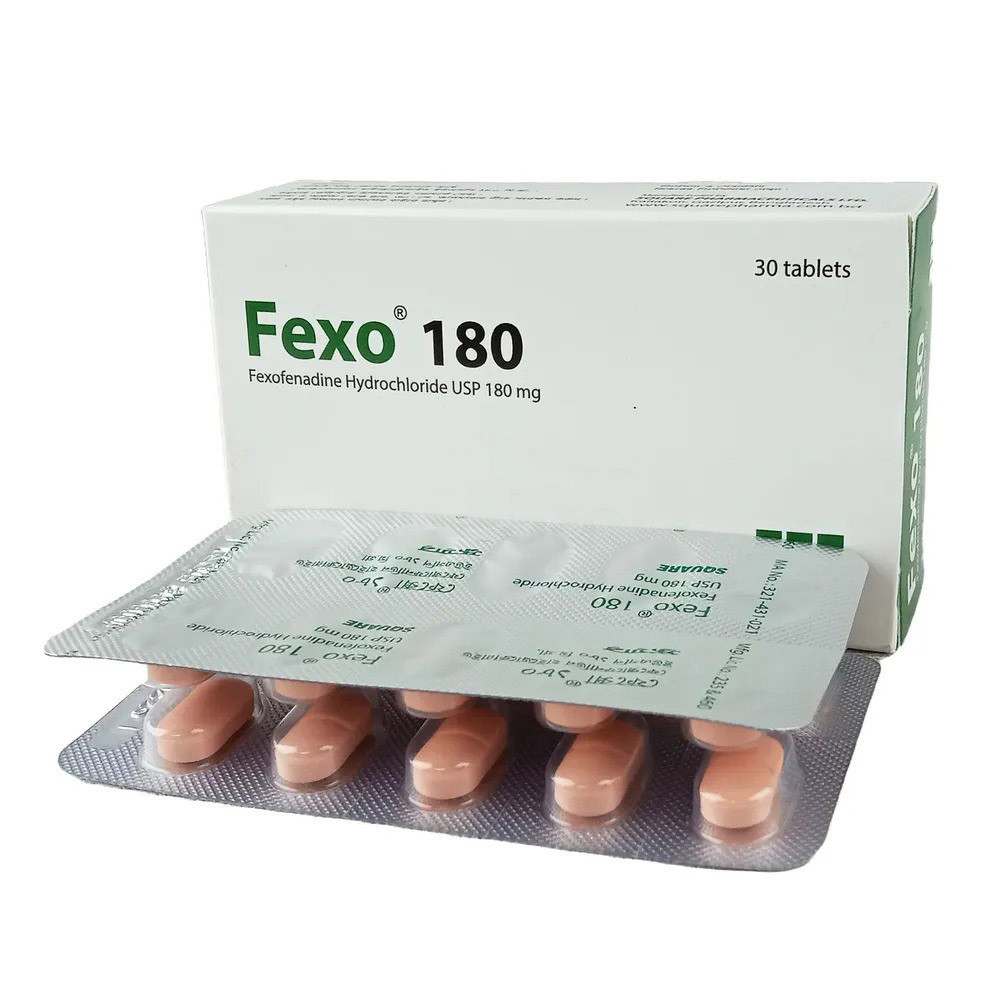


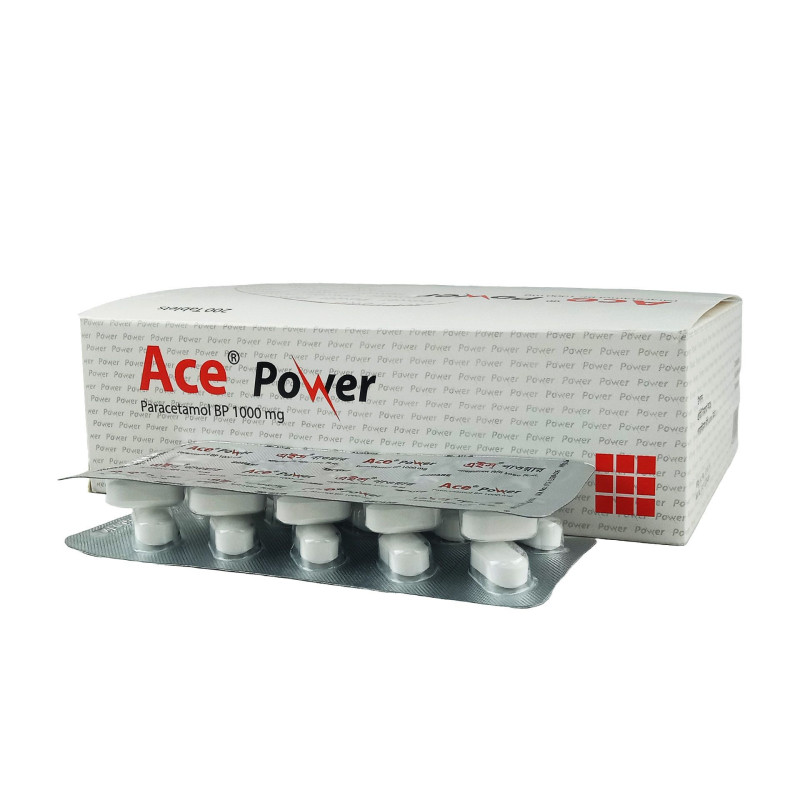
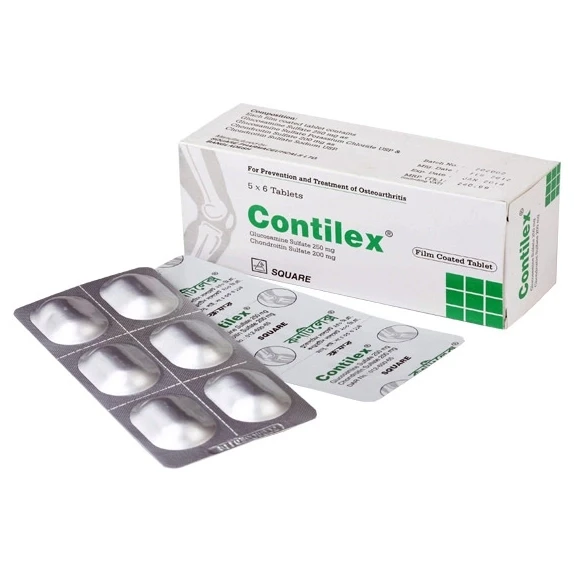
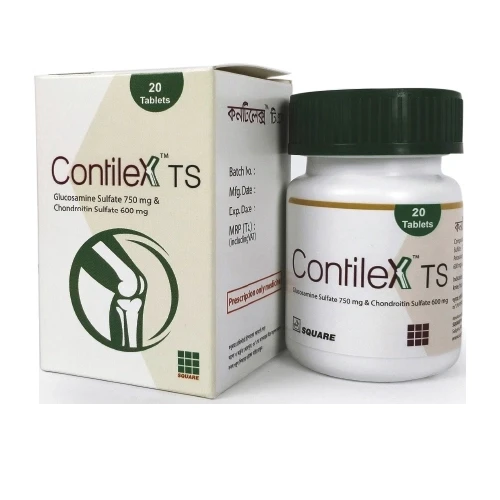






![Defrol Injectable Solution (Oral & IM) 1 ml ampoule, Cholecalciferol [Vitamin D3] 200000 IU/ml](https://skpharma.com.bd/public/uploads/all/BkPx9JNO1ve92XkMOjgTKAGJNG29Lv7425oaU0Gs.jpg)
